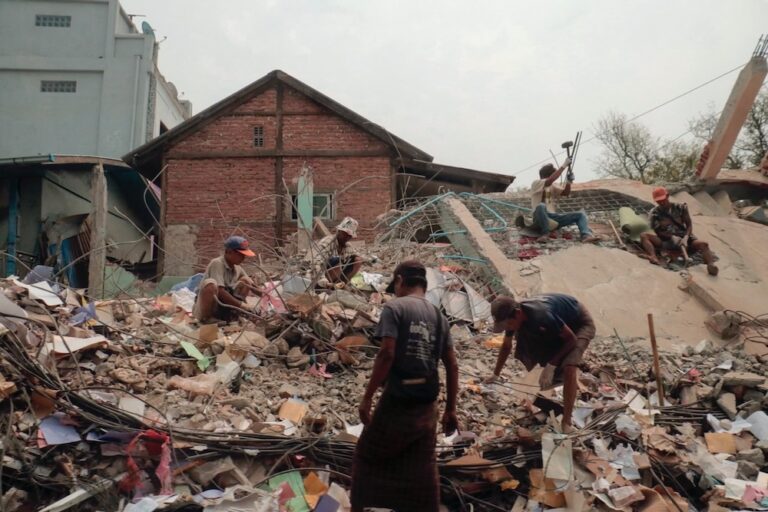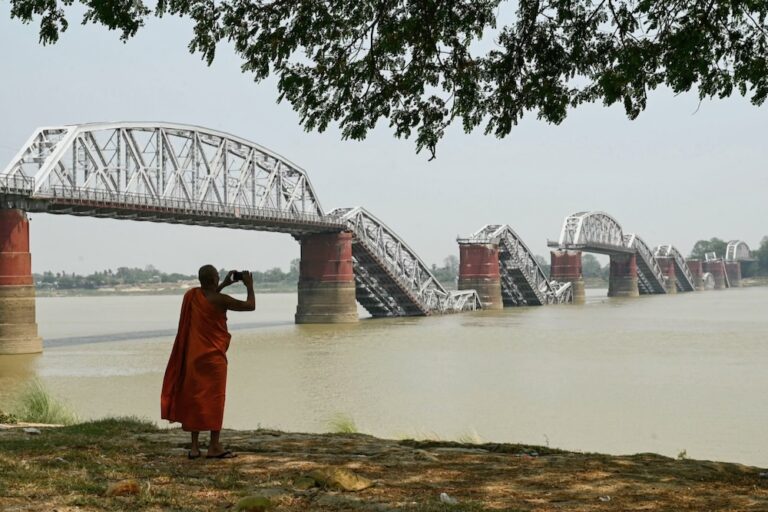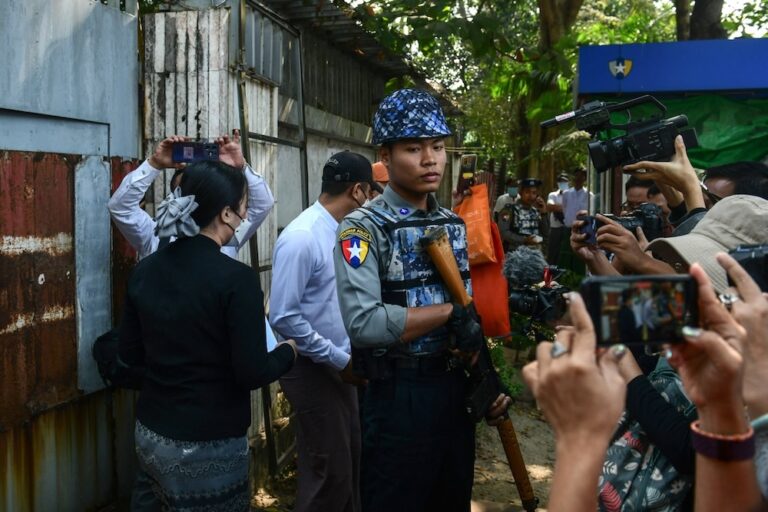(SEAPA/IFEX) – Burma’s military government has ordered domestic journals and magazines to stop publishing the columns of veteran journalist Ludu Sein Win after an opinion piece critical of the junta appeared in the “International Herald Tribune” (IHT) on May 23, 2006. “Our journal can’t use any of Saya Ludu Sein Win’s articles because the censorship […]
(SEAPA/IFEX) – Burma’s military government has ordered domestic journals and magazines to stop publishing the columns of veteran journalist Ludu Sein Win after an opinion piece critical of the junta appeared in the “International Herald Tribune” (IHT) on May 23, 2006.
“Our journal can’t use any of Saya Ludu Sein Win’s articles because the censorship board ordered us not to publish,” the New Delhi-based http://www.Mizzimanews.com quoted a journalist from a weekly paper in Rangoon as saying.
Authorities gave no reason for the order, the online news publication said, but it is believed to be a result of his IHT article entitled “The Burmese people can’t wait much longer”. In his piece, he said talks between the military and the opposition National League for Democracy were the “only way for a decent and smooth regime change.”
“The government shut every door that might have offered a way out of our dead-end position,” he wrote, referring to the junta’s dismissal of NLD’s latest effort at easing the 18-year-old political deadlock. He also called on the international community to pressure the junta to dialogue with the opposition.
The 65-year-old writer, who helped to found the NLD in 1988, contributes to more than a dozen publications, among them “The Flower News”, “The Weekly Eleven” and “The News Watch”, where he writes about youth, ethics and journalism.
Ludu Sein Win began his career as a young reporter for Upper Burma’s left-wing “Ludu” (“The People”) newspaper, launched in 1946. He later became the publication’s Rangoon bureau chief.
General Ne Win, the former Burmese strongman (1962-1988), shut down Ludu in 1967, and he was arrested and sentenced without trial to 13 years in prison. He was released in 1980 and has since been under military surveillance. In one instance, he was questioned by military intelligence because a European tourist had visited his home.
Though often bedridden and forced to rely on an oxygen mask, he speaks freely about Burma’s current affairs in short-wave radio interviews.


